Everyone can take advantage of the benefits of carrying out their GHG inventory® and, if necessary, of the financial aid to finance it!

Faced with the challenges of climate change, companies are increasingly committing to a decarbonization approach in favor of ecological transition.
In this context of environmental action, a Bilan de gaz à effet de serre (GHG), also known as Bilan Carbone®, is an essential tool for accurately measuring and assessing the company's impact on the climate. Carrying out a GHG inventory enables you to accurately measure the emissions emitted by your company and its employees, and to take action on the most polluting sources.
Carrying out a Bilan Carbone® enables us to go beyond simply raising awareness, and take concrete action based on reliable data. By identifying the most relevant levers for action, it becomes possible to implement targeted actions to reduce the carbon footprint.
In order to encourage and enable small and medium-sized enterprises (SMEs) to take part in this decarbonization process, the government has introduced subsidies and financial assistance.
These financing programs provide assistance and support to companies wishing to embark on a CSR approach to ecological transition.
Two types of subsidies are available:
💁 Tremplin pour la Transition écologique des PME nationales set up by ADEME and the Ministry of Ecological Transition: This scheme offers financial assistance to SMEs and VSEs wishing to undertake emission reduction actions.
💁 Diag'Decarbonation for SMEs and ETIs, in France, launched by ADEME: This subsidy provides funding for companies' full carbon footprint assessment and support in the initial stages of the project to implement a plan to reduce their carbon footprint.
2. National subsidies to finance your GHG inventory assessment
2.1 A springboard for GHG inventory assessments of SMEs
2.3 Diag Décarbon'Action for the GHG inventory® of SMEs and ETIs
The Bilan Carbone© method is the one used in France to produce the BEGES, comply with standards and remain competitive.
The 2021 Finance Act extends the obligation to produce a BEGES (Bilan d'émissions de gaz à effet de serre) to companies with more than 50 employees receiving funds from the European Recovery Plan.
This requirement, which until now mainly concerned companies with more than 500 employees, aims to give a solid impetus to the decarbonization of companies, on pain of sanctions, to reduce all GHG emissions at national level in line with the National Low Carbon Strategy initiated by the government.
Extending the target group of committed companies thus becomes a powerful complementary tool in the French government's plan to reduce CO2 emissions by 40% by 2030. Looking further ahead, the stated ambition is to achieve carbon neutrality by 2050, in line with the Paris Agreements.
Developed in 2004 by ADEME, Bilan Carbone© is an internationally-recognized methodology that enables the precise accounting of GHG emissions linked to the activity of a given company or organization.
On the basis of these figures, these companies can improve control of their carbon footprint, and implement their own low-carbon strategy.
An essential challenge in embarking on this sustainable trajectory is to identify the savings areas that are accessible and essential to maintaining its Carbon Competitiveness®.
The latter is becoming increasingly essential in view of growing customer demand for "low-carbon" products and services, due to
✅ the accelerating rise in the price of Carbon (x10 in 10 years),
✅ the proliferation of carbon tax mechanisms - I4CE has identified 68 to date
✅ the same demand from their own customers.
It is in fact a collective awareness of the urgent need to reduce our "Carbon Tax Base®".
These new standards, along with the obligation to calculate footprints, come at a price: to raise awareness of the benefits they bring, a number of grants are available to help companies finance them.
National subsidies to finance your GHG inventory assessment
📈 Springboard for the GHG inventory® of SMEs
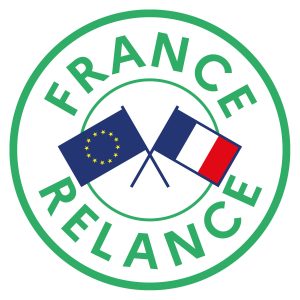
The Stimulus Plan presented in September 2020 earmarks almost a third of its €100 billion for public subsidies to help organizations drive an ecological transition.
À travers l’aide baptisée Tremplin, l’ADEME finance notamment le Bilan Carbone complet des PME françaises, englobant les scopes 1, 2 et 3, concernant les émissions directes et indirectes des entreprises.
This assistance is legally compliant, as the evaluation of the last scope was made mandatory in July 2022.
Since February 2021, the Tremplin pour la transition écologique public aid scheme has helped reimburse 80% of the cost of a GHG inventory, up to a limit of €5,000.
📝 SME case study
If you're an SME, a GHG inventory® at a cost of €5,000 would cost you just €1,000, or €4,000 in savings thanks to the public funding provided by ADEME.
➡️ The cost of a GHG inventory® made derisory by public funding thus offers a number of advantages.
The evaluation of its dependence on fossil fuels, particularly oil, allows the company to orient its strategy to reduce its costs.
From a strategic point of view, it also strengthens a company's Carbon Competitiveness®, which also improves its image by adopting a low-carbon trajectory and thus builds loyalty among consumers and employees. 💪
It should be noted that the Springboard for Ecological Transition grant does not only facilitate the completion of the GHG inventory®.
This assistance also covers most services aimed at improving the energy efficiency of company buildings, promoting eco-design of products and services, decarbonizing vehicle fleets and heating or cooling systems, and even facilitating the awarding of labels.
🚀 In concrete terms, the Tremplin grant helps organizations to pursue renovations to achieve the national objective of "having a BBC renovation or assimilated building stock by 2050". During these renovations, the BBC Rénovation label proposes low-energy consumption targets to be achieved.
The ADEME also participates in the financing of the installation of LED lighting. Moreover, after analysis of the life cycle, a product can benefit from the European Ecolabel, financed at 80% up to 12000€. Finally, in the company's fleet of vehicles, the Springboard grant can help replace thermal vehicles with electric vehicles.
In this way, climate challenges - carbon neutrality by 2050 -, energy challenges - halving energy consumption by 2050 - and social challenges - combating fuel poverty - can be met.
Eligibility requirements
The criteria for receiving Springboard public assistance are quite broad, and the application process is easy.
The ADEME subsidy applies to a wide range of players, including all SMEs, i.e. companies with fewer than 250 employees and annual sales of less than €50 million for at least two consecutive years.
⚠️ Please note, however, that certain conditions must be met:
➡️ Certain services are reimbursed only to industrial companies;
➡️ To benefit from the Tremplin grant, and more specifically for the environmental display section, it is strongly recommended that you carry out a greenhouse gas emissions assessment beforehand.
➡️ It is not possible to combine ADEME aid with other aid for services subsidized by ADEME;
➡️ Only uncommitted expenses are concerned: quotations (unsigned!) will be requested for certain services.
The aim of this funding assistance is to instill the most impactful changes possible. Visit the ADEME website to find out how to apply for the Tremplin grant.
The 7 advantages of carrying out your company's GHG assessment.
🔍Diag Décarbon'Action for the GHG inventory® of SMEs and ETIs
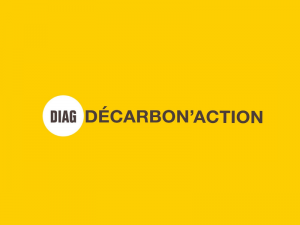
Launched by ADEME and BpiFrance in collaboration with the Bilan Carbone Association, the Diag Décarbon'Action device is intended for SMEs and ETIs.
Following the law, Diag Décarbon'Action (France) not only enables companies to finance a complete GHG inventory, covering all 3 scopes but also offers support in the first stages of implementing an action plan to reduce them; the scheme also supports the company in promoting its commitment to its employees, customers and partners.
In figures, Diag Décarbon'Action supports public and private organizations from 12 days to 8 months to drive a sustainable ecological transition.
How much does it cost?
BEFORE SUBSIDY
10,000 BEFORE TAX
subsidized from 40% to 60% depending on French company size.
40% SUBSIDY
6000€ EXCL. TAX
for French companies with fewer than 500 employees
Is my company eligible?
Have your GHG assessment financed by Diag'Décarbon'Action. One of our GCI carbon engineers will guide you through the process.
✅ You are a company with fewer than 500 employees
✅ You have never carried out a GHG assessment in the last 5 years
✅ You are up to date with your tax and social security debts, and your company is not in difficulty.
✅ You haveat least 1 year's practice experience
Being helped is good, being well accompanied is better!
The financing schemes set up by ADEME since February 2021 are therefore an opportunity for French companies to get moving and embark on their sustainable ecological transition.
This public aid will not only allow you to carry out your carbon footprint between 4000€ and 6000€ (depending on the size of your company), but also to communicate on your environmental commitment and your investments for the ecological transition.
🤔 But how do you choose the right person to help you calculate your GHG inventory®?
👍 Global Climate Initiatives is the intelligent reference platform, 100% online, and supports you in your decarbonization strategy project: from drawing up carbon footprints® to deploying action plans to reduce GHG (greenhouse gas) emissions.
GCI engineers are accredited by BPI France and ADEME to help you
GCI is a certified design office

STEP #1
GCI can help you submit your grant application to BPI France (free of charge and without obligation).
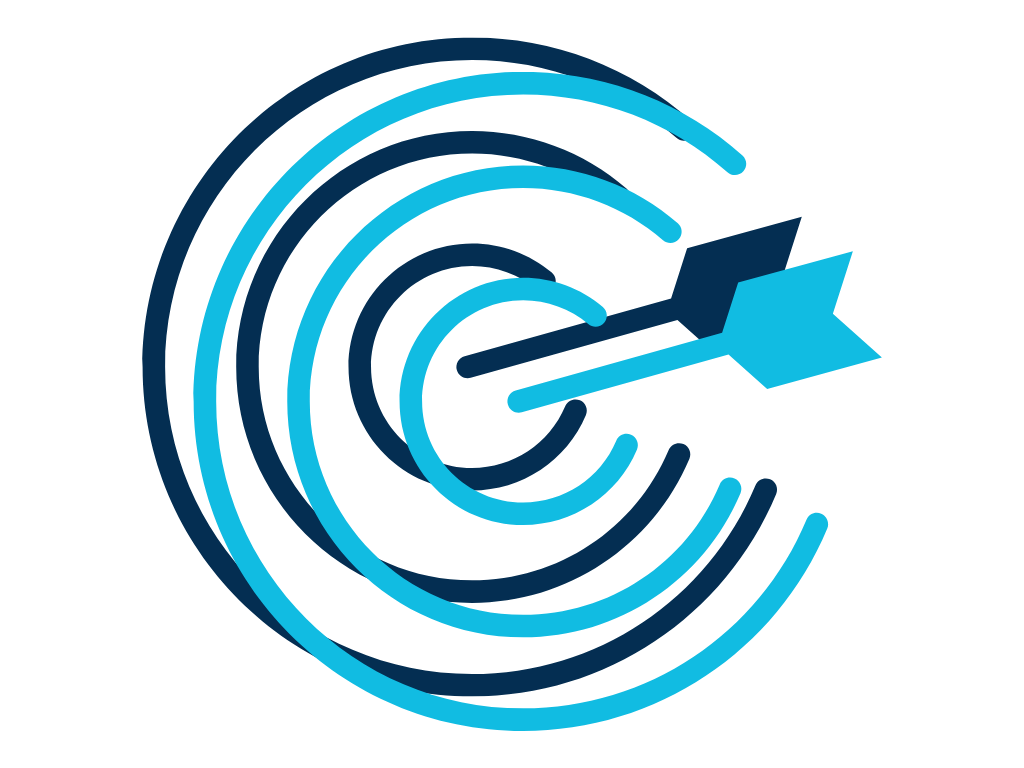
STEP #2
Project framework (scope, duration, steering committee)
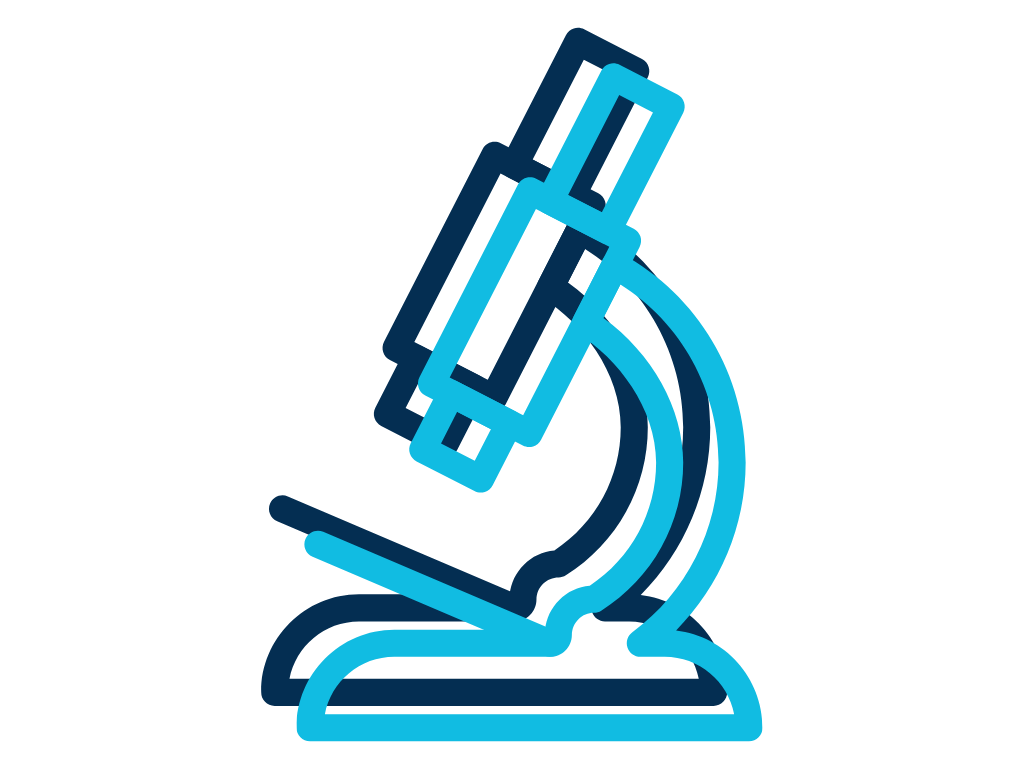
STEP #3
Collect the data needed to calculate your GHG emissions
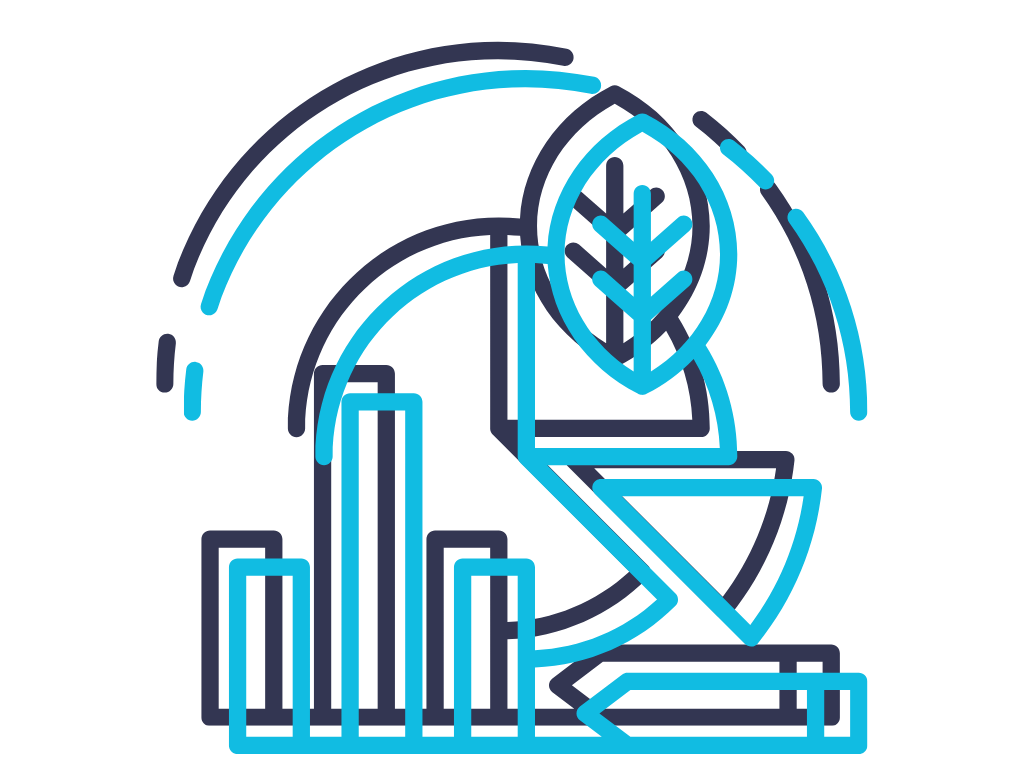
STEP #4
Produce a GHG balance sheet (Scopes 1, 2 and 3) and draw up an action plan to reduce your GHG emissions.
For more than ten years, GCI has been assisting contractors with their CSR initiatives in the area of environmental transition, with the annual preparation of their BEGES, and with their first steps towards eco-design.
GCI's online platform for calculating its complete, certified Bilan Carbone®(Bilan Carbone® method, GHG Protocol...), offers the most competitive cost on the market, and provides the most complete range of tools needed to identify, measure and reduce greenhouse gas emissions, in complete autonomy.
👍 It's worth remembering that these two steps, calculating the GHG inventory and implementing an emissions reduction action plan, can be financed by the Tremplin and Diag Décarbon'Action (France) grants.
To help you apply for a Diag Décarbon'Action grant: Contact us!
GCI's carbon experts helped them with their Diag Décarbon'Action
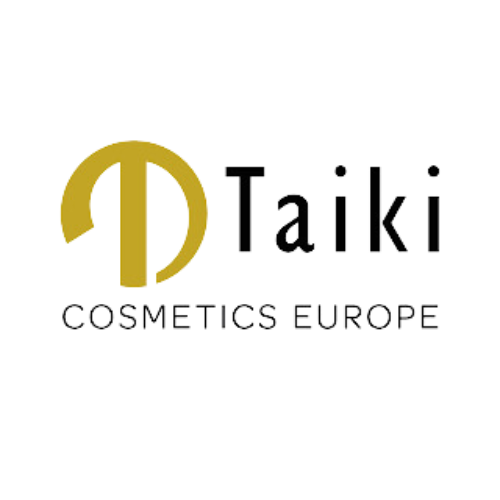
As part of our long-term CSR vision, we are proud to have carried out our first GHG assessment with the support of Global Climate Initiatives and the guidance of their expert, Victor Véron.
Many thanks to Victor for his invaluable help throughout the process!
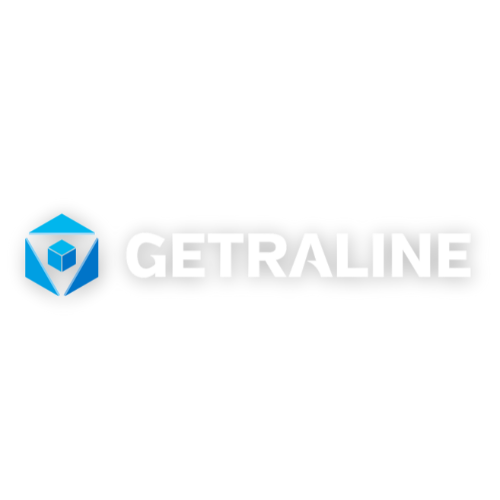
We can testify to Victor véron's technical know-how and human, caring approach, and highly recommend him to any organization wishing to undertake the decarbonization of its activities.







